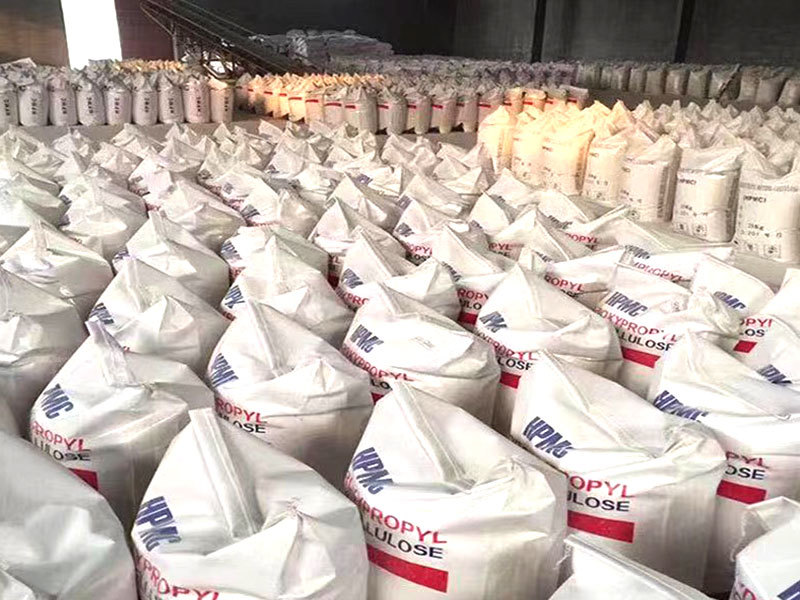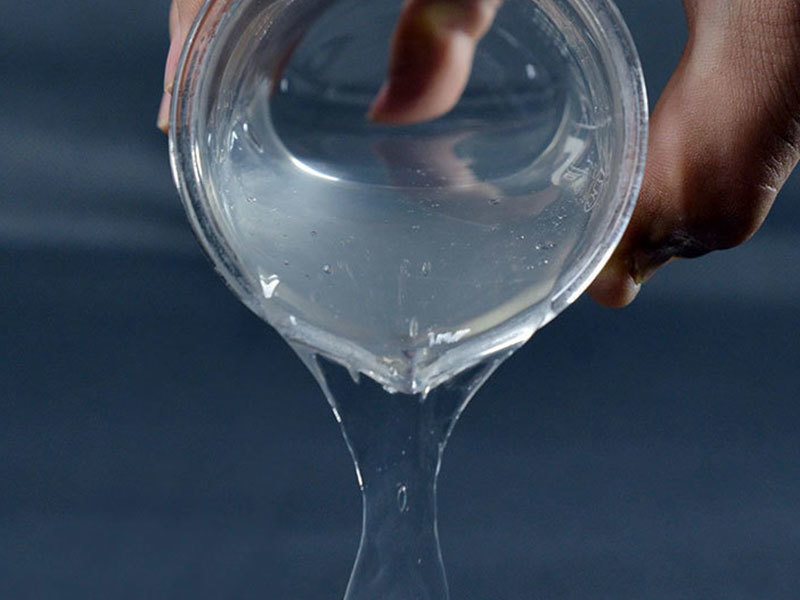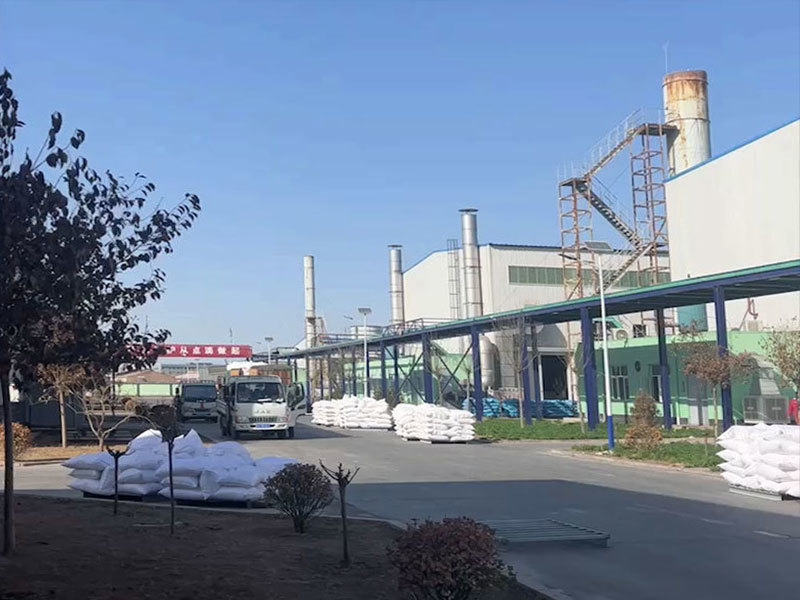What factors will affect the viscosity of hydroxypropyl methylcellulose
Release Time:
Apr 15,2024
The cohesiveness of mortar will decrease due to external forces, which is also beneficial for the scraping construction of mortar, resulting in good cohesiveness and workability of mortar at the same time. However, if the concentration of cellulose ether solution is low and the viscosity is low, it will exhibit the characteristics of Newtonian fluid
What factors will affect the viscosity of hydroxypropyl methylcellulose? Mainly depends on the following reasons.
1. The higher the degree of cellulose ether polymerization of hydroxypropyl methyl cellulose, the greater its molecular weight, resulting in a higher viscosity of its aqueous solution.
2. If the dosage or concentration of cellulose ether is higher, the viscosity of its aqueous solution will also be higher. However, when using it, attention should be paid to selecting the appropriate dosage to avoid excessive dosage, which will affect the workability of mortar and concrete.
3. Hydroxypropyl methyl cellulose ether, like most liquids, exhibits a decrease in viscosity with increasing temperature in cellulose ether solutions, and the higher the concentration of cellulose ether, the greater the impact of temperature.
4. Cellulose ether solutions are usually pseudoplastic and exhibit shear thinning properties. The higher the shear rate during testing, the lower the viscosity.
In summary, the cohesiveness of mortar will decrease due to external forces, which is also beneficial for the scraping construction of mortar, resulting in good cohesiveness and workability of mortar. However, if the concentration of cellulose ether solution is low and the viscosity is low, it will exhibit the characteristics of Newtonian fluid. As the concentration increases, the solution will gradually exhibit the characteristics of pseudoplastic fluid, and the higher the concentration, the more obvious its pseudoplasticity will be.
Key words:
What Else Might You Learn?






